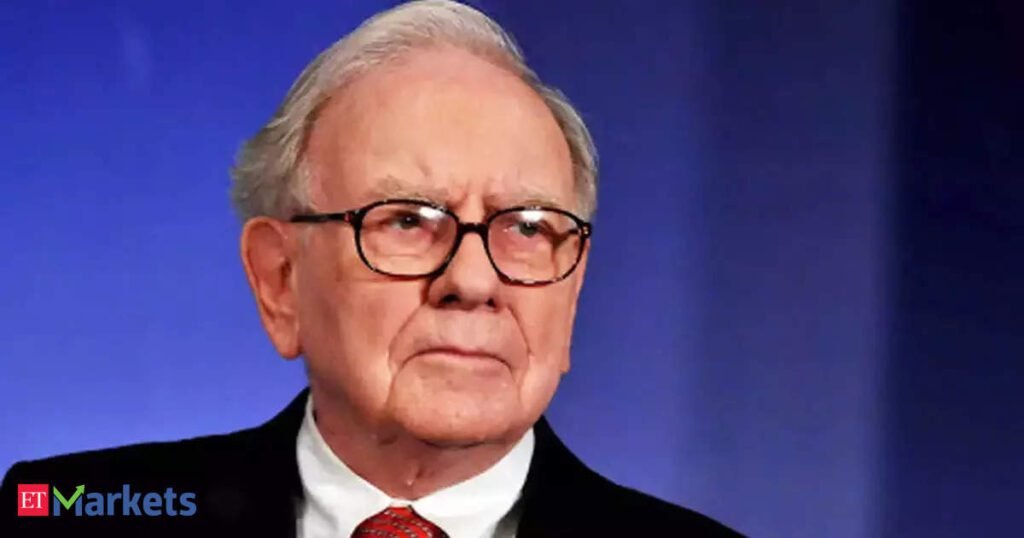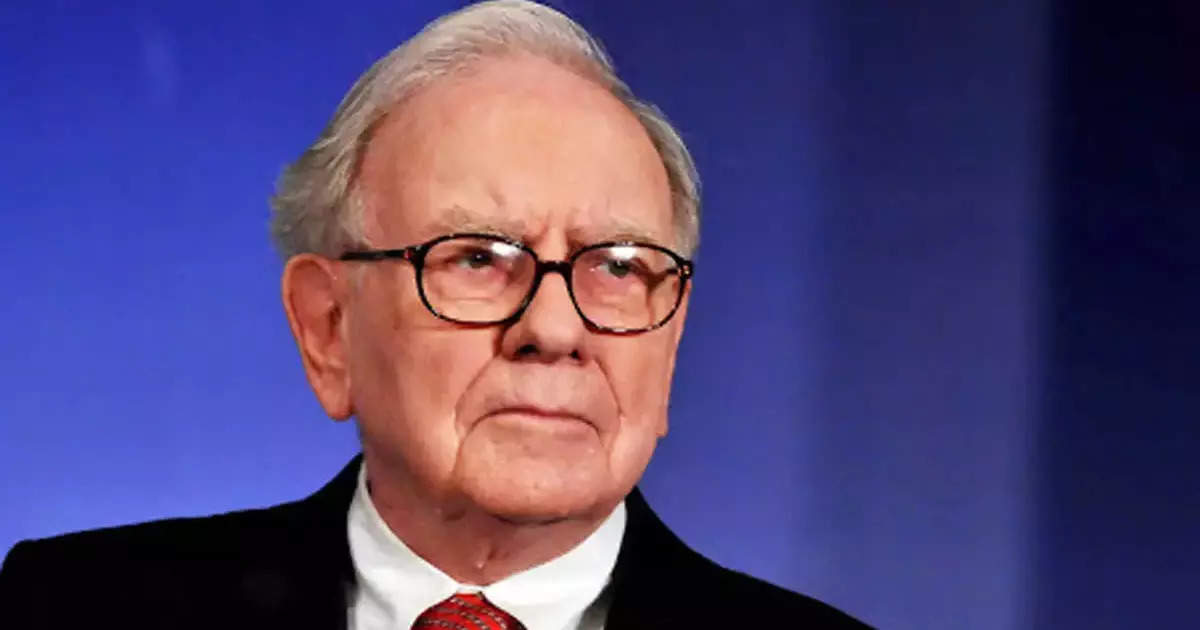Berkshire’s results suggest that the 93-year-old Buffett, one of the world’s most respected investors, is growing increasingly wary of the broader U.S. economy and overvalued stock market valuations.
The results, released on Saturday, came after selling pressure on the stock market as the Nasdaq index entered a correction and a weak jobs report raised concerns about U.S. economic activity and whether the Federal Reserve had waited too long to cut interest rates.
“Looking at the big picture for Berkshire and the macroeconomic data, the safe conclusion is that Berkshire is on the defensive,” said Cathy Seifert, an analyst at CFRA Research who has a Buy rating on Berkshire.
Its cash holdings rose to $276.9 billion as of June 30 from $189 billion three months earlier, mainly because Berkshire sold $75.5 billion worth of stock during the quarter. This is the seventh straight quarter that Berkshire sold more shares than it bought. Berkshire sold about 390 million Apple shares, on top of the 115 million it sold in January-March, as Apple’s stock price rose 23%. As of June 30, the company still held about 400 million shares, valued at $84.2 billion. Second-quarter profits from Berkshire’s dozens of businesses rose 15% to $11.6 billion, or about $8,073 per Class A share, from $10.04 billion a year earlier. Nearly half of that profit came from Berkshire’s insurance business, which saw underwriting profits at auto insurer Geico more than triple.
But sales rose just 1% to $93.65 billion, with major businesses such as BNSF Railroad and Berkshire Hathaway Energy little changed.
Net income fell 15% to $30.34 billion from $35.91 billion in the same period a year ago, as rising stock prices in both periods boosted the value of Berkshire’s investment portfolio, which includes Apple.
Buffett has long urged shareholders to ignore Berkshire Hathaway’s quarterly investment results, which he says often lead to exorbitant net income or losses.
Buffett Wants to Spend, But Doesn’t
Berkshire has committed to holding at least $30 billion in cash, but it often lets cash pile up when it can’t find entire companies or individual stocks to buy at the right price.
But once interest rates start to fall, revenues from short-term government bonds should decline.
Berkshire has also been reducing the cash it spends on stock buybacks, buying back just $345 million in the second quarter and none in the first three weeks of July.
“I’m happy to spend it, but I’m not going to spend it unless I can see it generating a lot of money for very little risk,” Buffett said of Berkshire’s cash at the company’s May 4 annual meeting.
Berkshire did not immediately respond to a request for comment Saturday.
Buffett remains a big fan of Apple, which reflects the iPhone maker’s strong pricing power and loyal customer base.
He said at the meeting that he expects Apple to remain Berkshire’s largest stock investment, but that a sale makes sense because the 21 percent federal tax rate on any gains on the sale would likely rise.
Since mid-July, Berkshire has also sold more than $3.8 billion worth of shares in Bank of America, its second-largest holding.
Buffett has led Omaha, Nebraska-based Berkshire Hathaway since 1965, building it into a conglomerate with dozens of businesses, including numerous industrial and manufacturing companies, a major real estate brokerage, Dairy Queen and Fruit of the Loom.
Greg Abel, 62, the company’s vice chairman, is expected to eventually succeed Buffett as Berkshire’s CEO.
GEICO’s underwriting profits triple
Insurance profits for the quarter rose 54 percent to $5.58 billion, benefiting from higher investment income and Geico’s ability to charge higher premiums even as drivers filed fewer claims.
BNSF’s profit fell 3 percent as the railroad set aside more money for litigation, offsetting lower operating costs and increased shipping of consumer goods and agricultural products.
Lawsuits have also weighed heavily on Berkshire Hathaway Energy, which saw its profits fall 17% due to its PacificCorp utility unit, which many homeowners and businesses blame for Oregon’s 2020 wildfires.
PacifiCorp said it had set aside $2.7 billion as of June 30 for wildfire losses, up from $2.4 billion three months earlier, and that losses could increase significantly.
Berkshire Hathaway’s Class A shares closed at $641,435 on Friday, up 18% this year, while the S&P 500 index has risen 12%.




